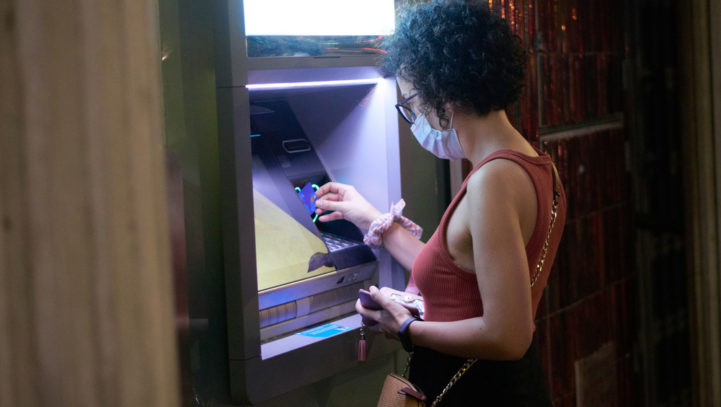Is a Business Liable, if you are Robbed Outside of it?
South Florida has a considerable amount of crime, which comes as no surprise to anyone who lives in the area. Robberies are frequent and, like any major urban area, there are certain neighborhoods in which more crime takes place than others. Sometimes, however, crime takes place on the premises of a business, under circumstances that the business could or should have anticipated. Is that business liable for injuries committed during a crime? In such scenarios, the business’s own customers are often those who ended up injured in a crime that often could have been avoided, if the business had simply done a better job of taking steps to keep its customers safe. It is therefore important to ask whenever a business’s customers are injured as a result of a crime, what steps the business itself was taking at the time to prevent such an occurrence and whether those steps were adequate to protect the business’s customers.
For example, if you are visiting your bank’s ATM at night and a masked assailant approaches you with a gun and not only takes the money you just withdrew, but also hits you across the face with the gun, causing you injuries in the process, then one of the most relevant questions is: what precautions the bank had in place to keep this very type of situation from occurring? After all, the bank made the ATM accessible to customers after hours, so it had some duty to take reasonable precautions to keep customers who used that ATM safe.
What Steps Are Businesses Required to Take to Prevent Their Patrons from Harm, so they aren’t liable?
Business owners are required to take reasonable means to protect their patrons from harm. The business owner is in the best possession to do many of the things necessary to ensure that its patrons are safe. If you are a bank customer and you approach a bank branch at night to transact business with the bank by using its ATM, the bank would owe you the highest duty of care under Florida law. The rationale behind this rule is that you are at the bank branch to do business and thereby benefit the bank, so it only makes sense that the bank should have a responsibility to you (as well as to other bank patrons) to take every step possible in order to ensure you are safe on its premises. Therefore, in this circumstance, the bank and its employees would be required to maintain the branch in a reasonably safe condition and warn those who enter the branch of any hazards the bank knows about or should know about. The bank is also required to take reasonable precautions to protect its customers from dangers it knew or should have known about, so that it wouldn’t be liable.
How Is “What Is Reasonable” Determined and Who Makes That Determination? When is the business liable?
“What is reasonable” can depend on many different factors, including what neighborhood a business is in, what type of business is involved, and what past history the business may have had in terms of robberies or other crimes involving its patrons in the past. Like any situation involving negligence, a negligent security case such as this requires the jury to determine what steps were reasonable for the bank to take in the particular circumstances in which a crime took place.
In the particular crime at issue in the scenario above, the bank branch at which you were injured was not located in a very good neighborhood and it may have experienced past muggings or armed robberies of bank patrons, who were using the same ATM. Therefore, the jury may conclude that the bank should have had more lights, lights in different places, or else it should have had an armed guard in the bank parking lot, if it was going to choose to offer its customers access to a 24-hour ATM, particularly if it knew from previous occurrences that armed robberies of patrons were a risk.
The bank is free to defend itself by arguing that it is not the industry standard in the banking industry to have a security guard present during evening hours, even if the bank offers its patrons access to a 24-hour ATM and even at a branch located in a bad neighborhood, with prior incidents of armed robberies. The bank will even likely offer an expert who will offer testimony as to this issue and who will no doubt opine the bank took all reasonable precautions it needed to in order to prevent exactly this type of incident from occurring. However, at the end of the day, the jury will make the determination as to whether the bank was employing appropriate safety measures or not and it is free to reject such arguments from the bank and/or any expert it may retain.
Contact Schwed, Adams & McGinley
At Schwed, Adams & McGinley, our experienced personal injury attorneys have more than 150 years of representing the victims of violent crimes, slip and falls, trip and falls, and all other premises liability and personal injury scenarios in Florida. During their collective decades of practice, our experienced Florida personal injury attorneys have dealt with many businesses that refused to take adequate safeguards to protect their customers who were injured through no fault of their own, on the business’s premises. If you have been injured due to someone else’s negligence in Florida, contact the experienced personal injury attorneys at Schwed, Adams & McGinley, P.A today at 877-694-6079 or contact@schwedlawfirm.com for a free consultation.





